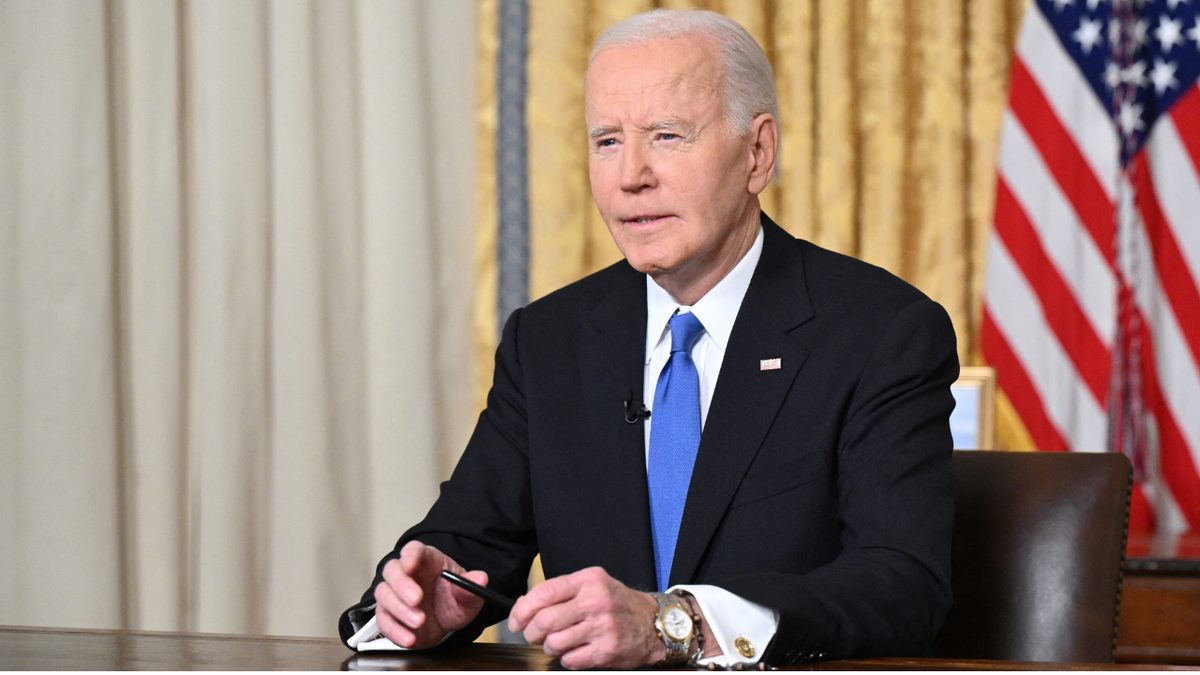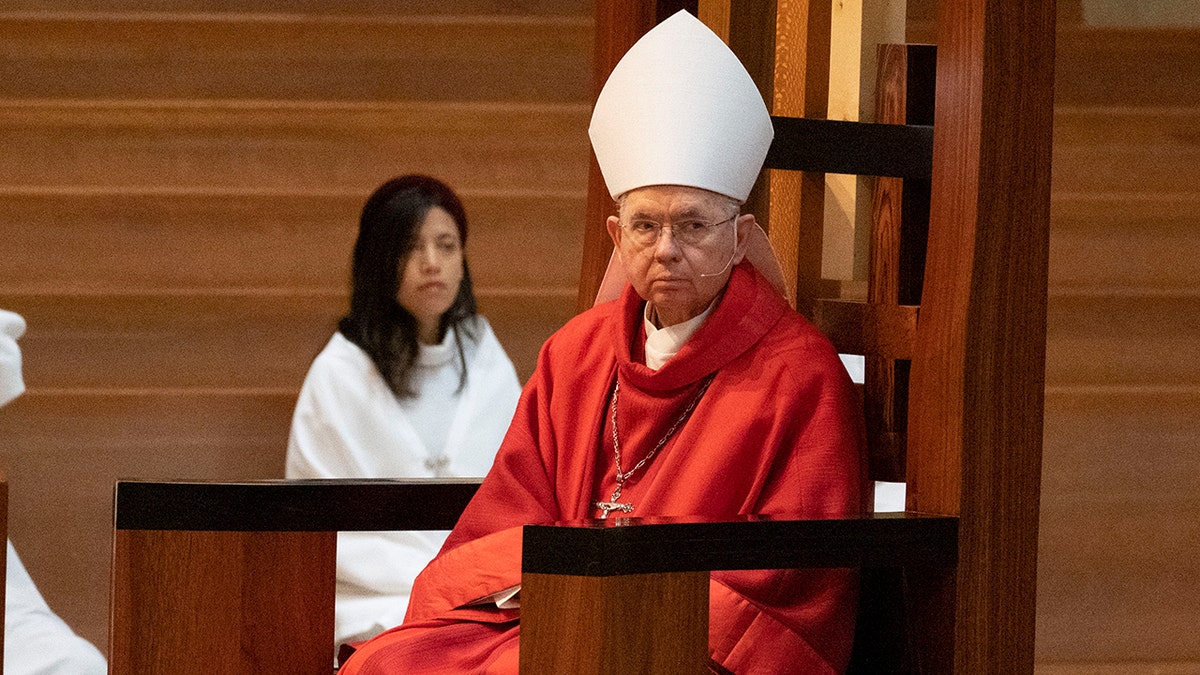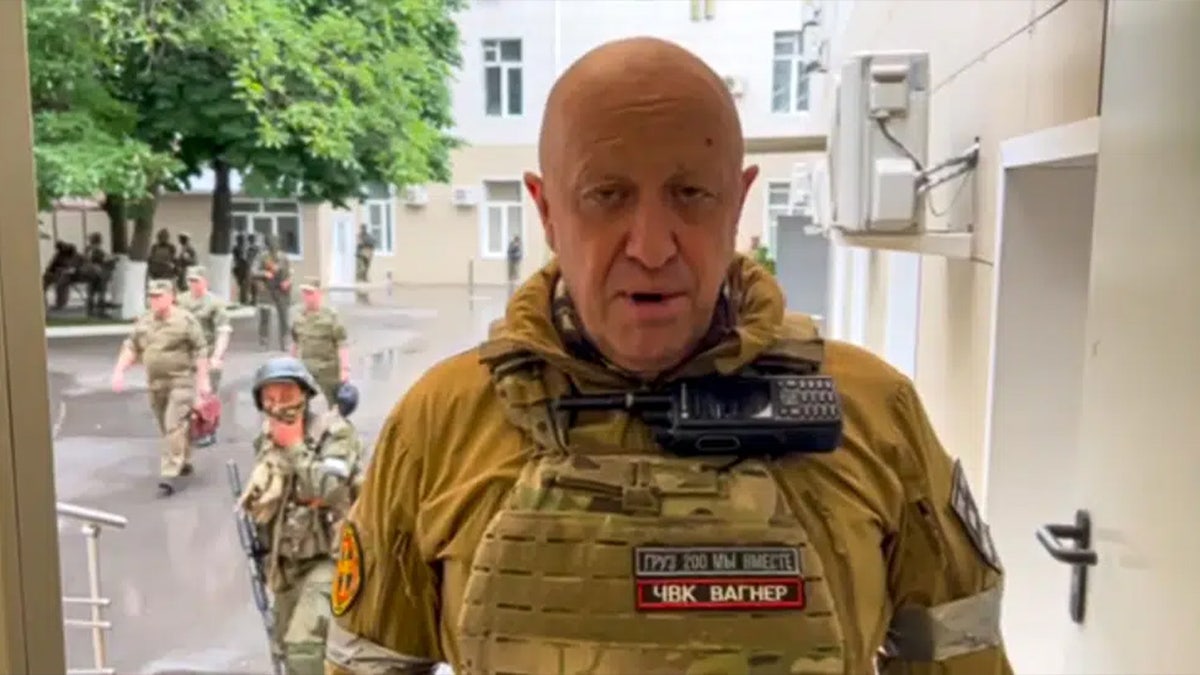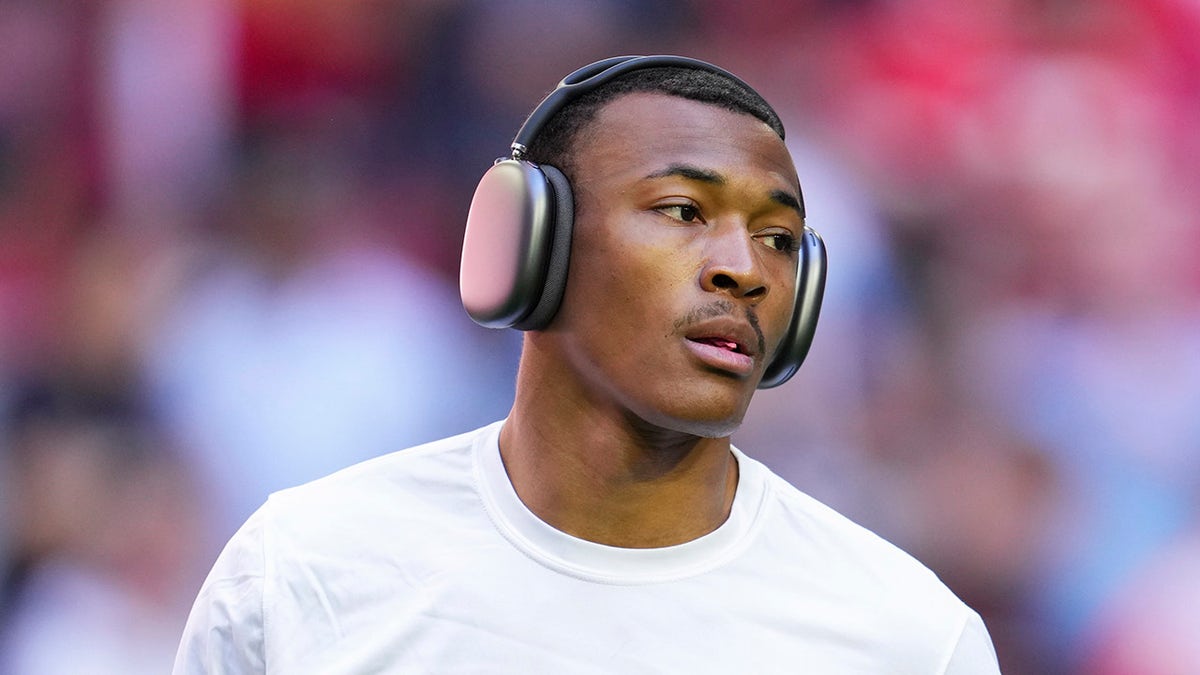"The Simpsons" veteran Hank Azaria recently shared his anxieties about artificial intelligence in a New York Times op-ed, expressing concern that AI could replicate his iconic voice work for the show's numerous characters. Azaria, who voices beloved characters like Moe Syzlak, Chief Wiggum, and Comic Book Guy, worries about the implications of technology mimicking his voice and, essentially, stealing his likeness. He believes that while AI might be able to reproduce the sound of his voice, it will lack the crucial human element that brings these characters to life.
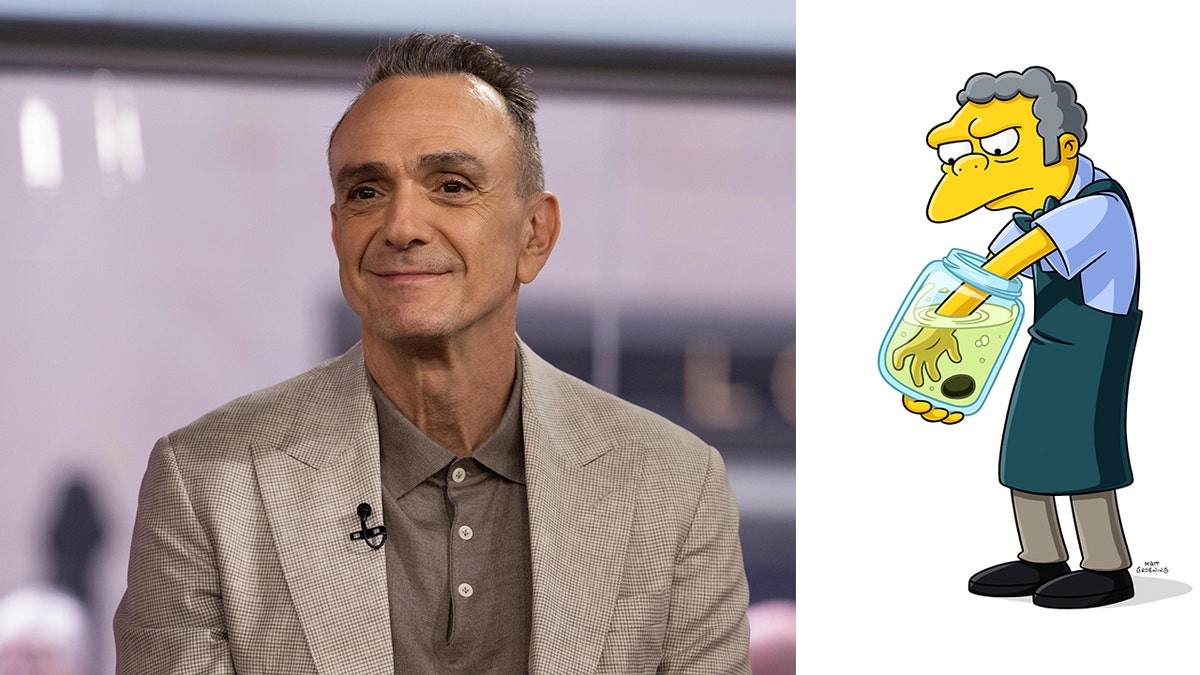
AI expert Marva Bailer, in an interview with Fox News Digital, supported Azaria's perspective, emphasizing the unique personality, emotion, and connection embedded in a voice actor's performance. She highlighted Azaria's long-standing relationship with his characters, explaining how his personal experiences have shaped their development and interactions over time. This, Bailer argues, is something AI cannot replicate.
Azaria also discussed the physicality involved in voice acting, which includes running in place, utilizing props, and even generating real tears—nuances absent in AI-generated voices. He worries about the impact of AI on his profession, acknowledging the potential for enhancement in some aspects of performance, but ultimately fearing it could replace human voice actors altogether.
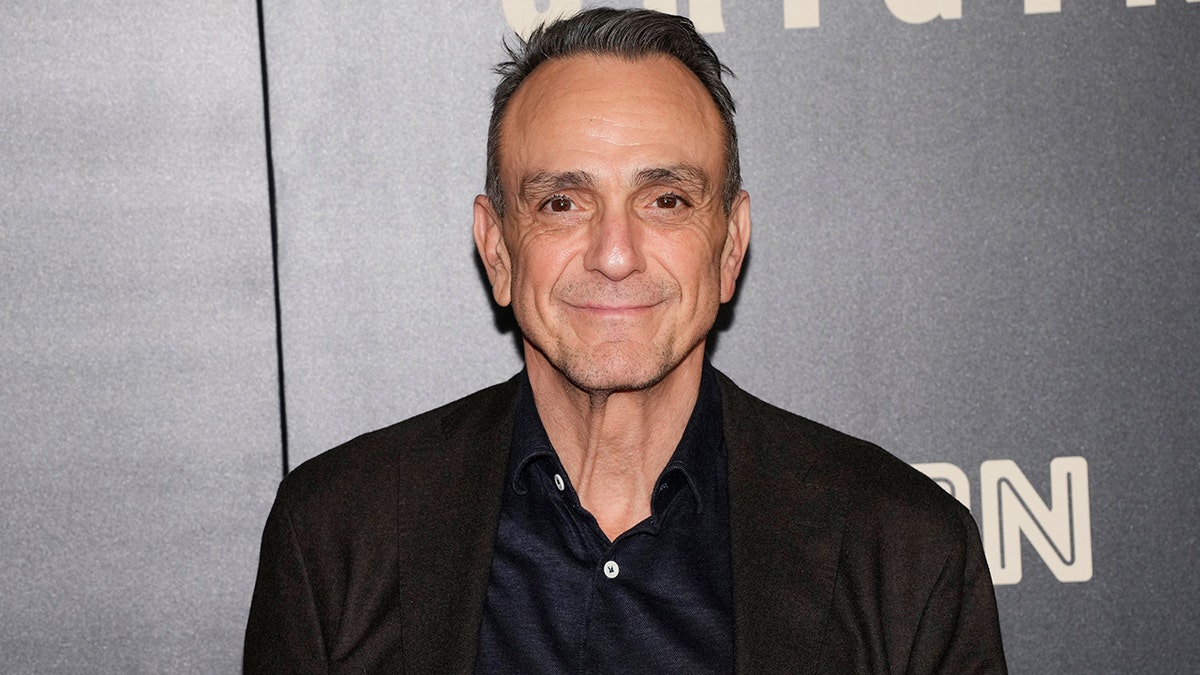

Bailer acknowledged the potential benefits of AI, suggesting it could be a valuable tool for creative inspiration and exploration, helping artists visualize and conceptualize their ideas. She also mentioned the use of AI in reviving iconic performers like Elvis and ABBA, offering new experiences for a new generation. However, she stressed the importance of protecting intellectual property and maintaining transparency in its usage.
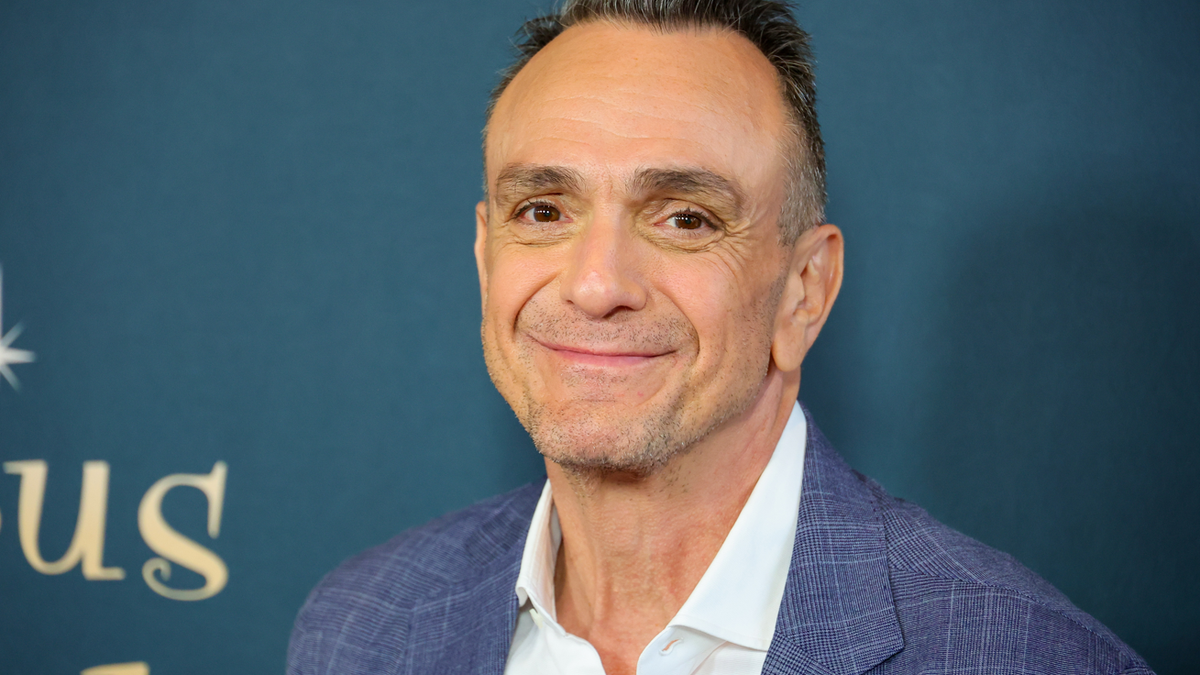
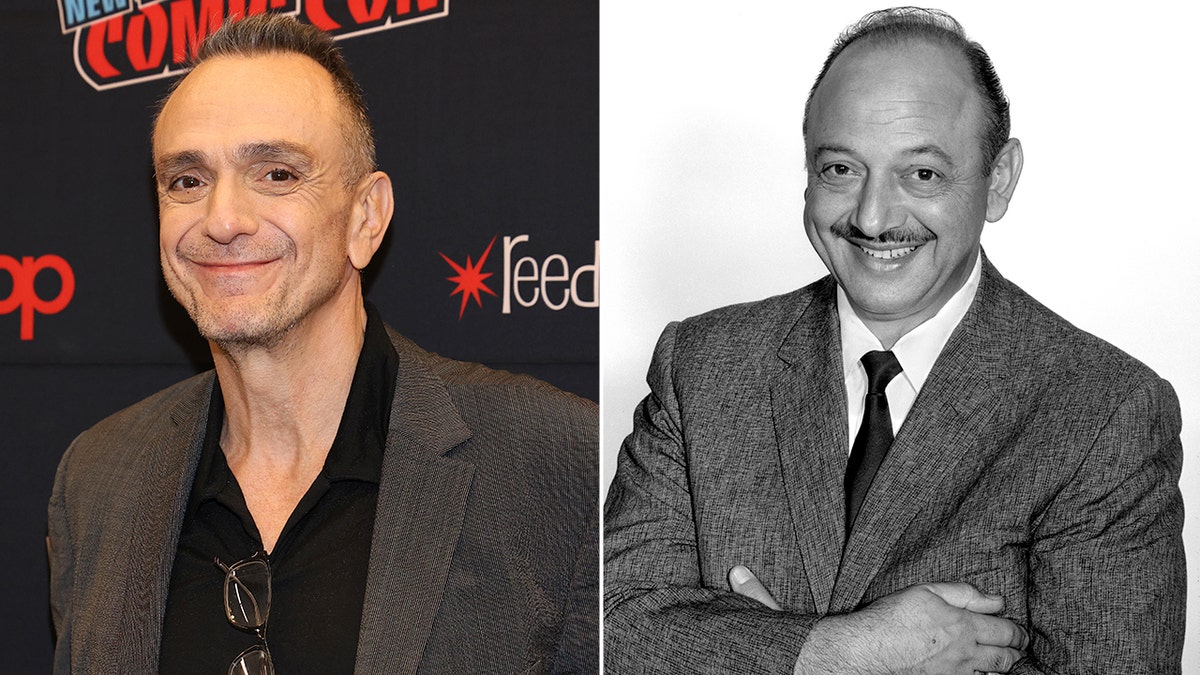
The aging cast of "The Simpsons" presents another consideration for AI's role. Pamela Hayden, the voice of Milhouse, retired last year, raising questions about character continuity. While producers are auditioning replacements, Hayden advised potential successors to develop their own interpretations rather than simply imitating her performance.
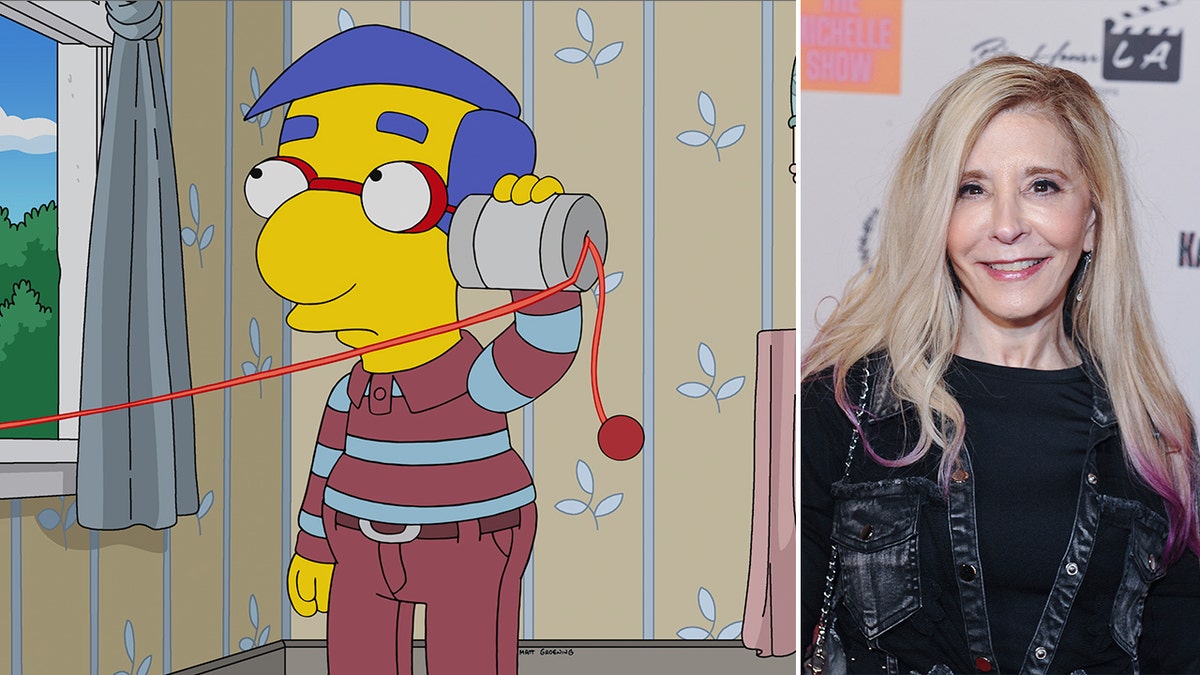

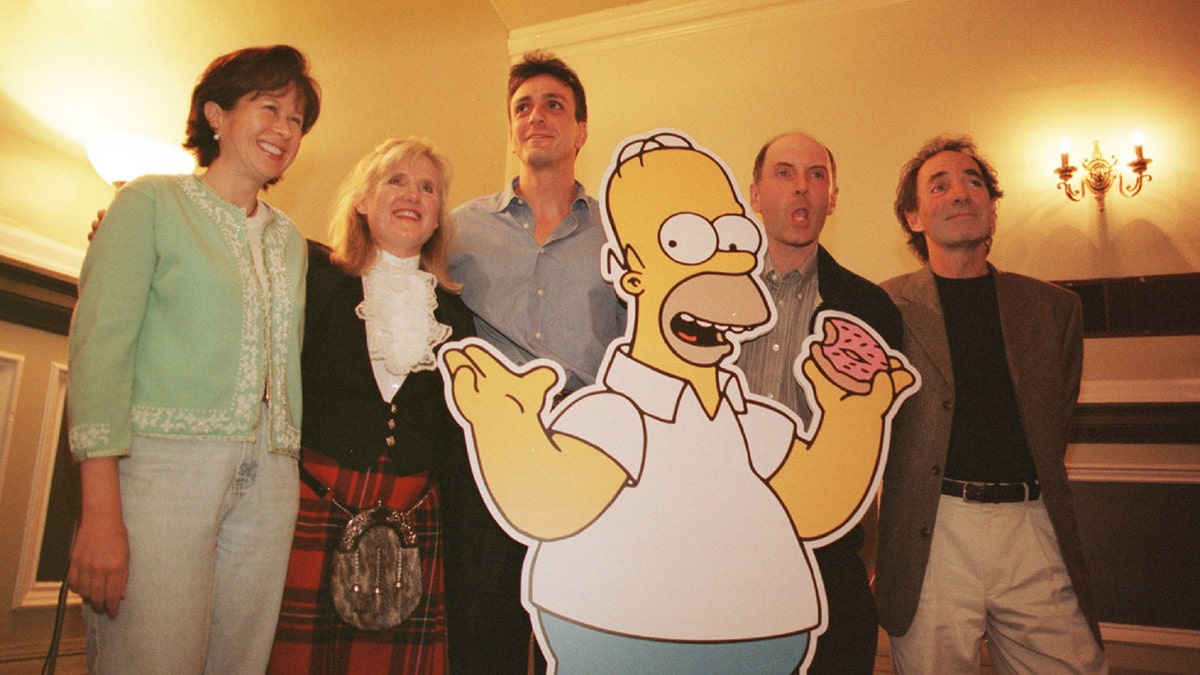
Bailer also pointed out the potential for AI to assist actors experiencing vocal difficulties due to illness or injury, allowing them to maintain consistent performance quality. However, she emphasized the need for clear agreements and transparency regarding ownership and usage.
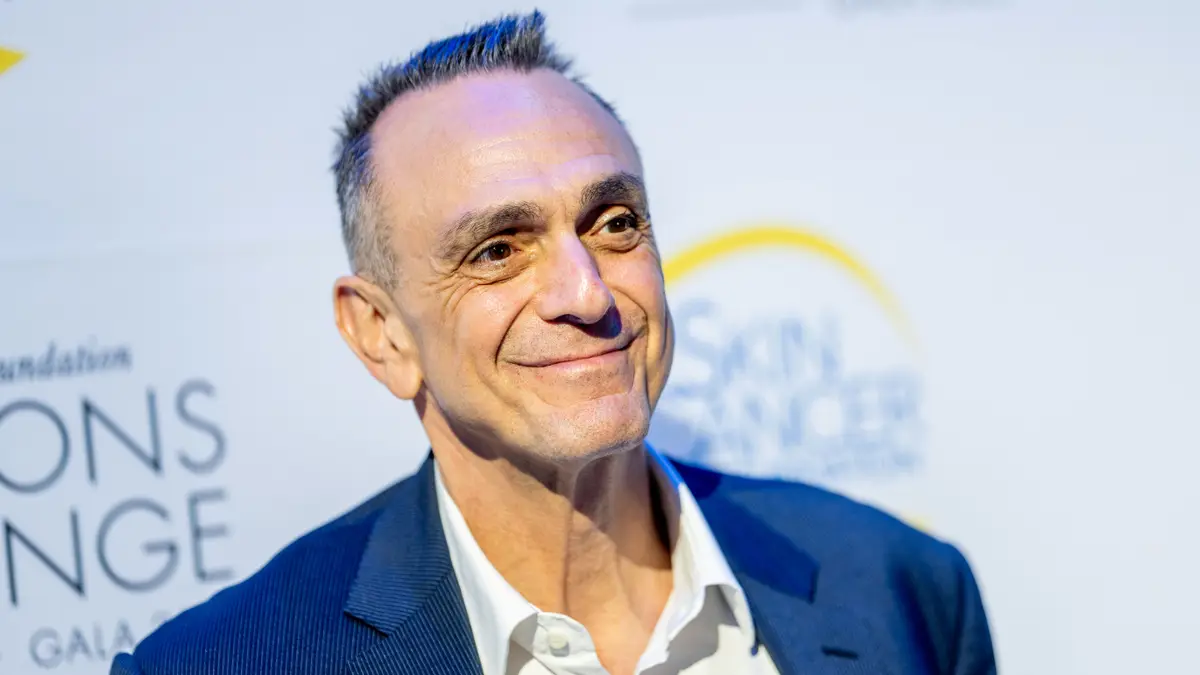
Azaria concluded that while AI can create sound, it cannot replicate the human performance, the emotion, the humor, the soul. He believes that a human element will always be essential in directing and shaping the performance, even with AI assistance.


